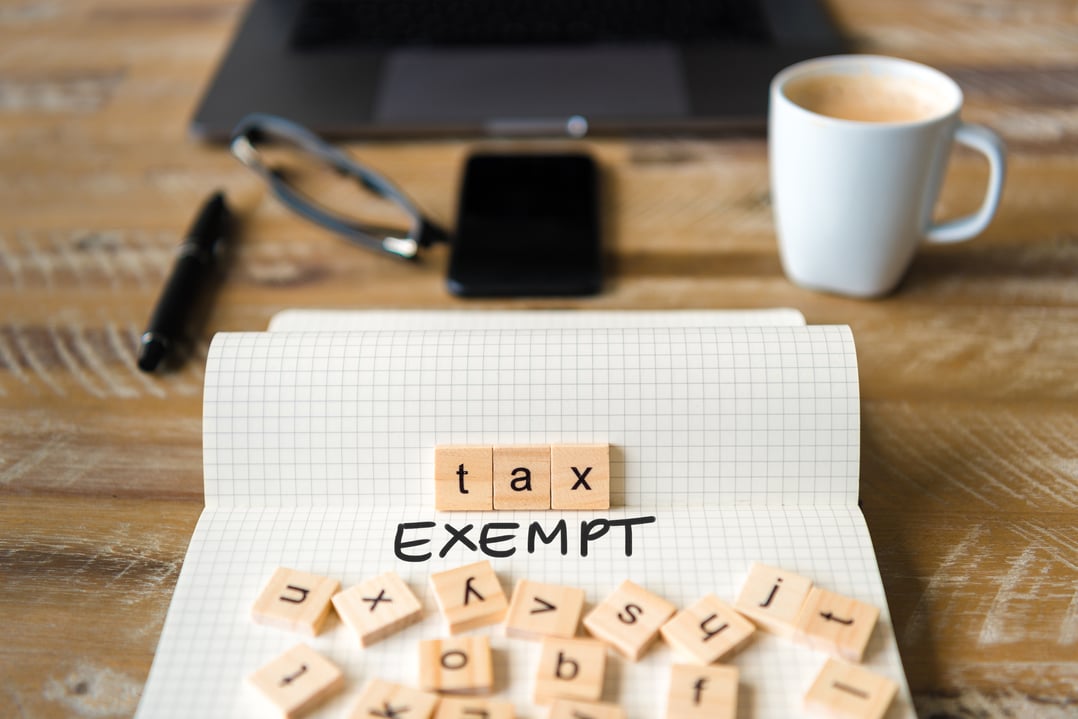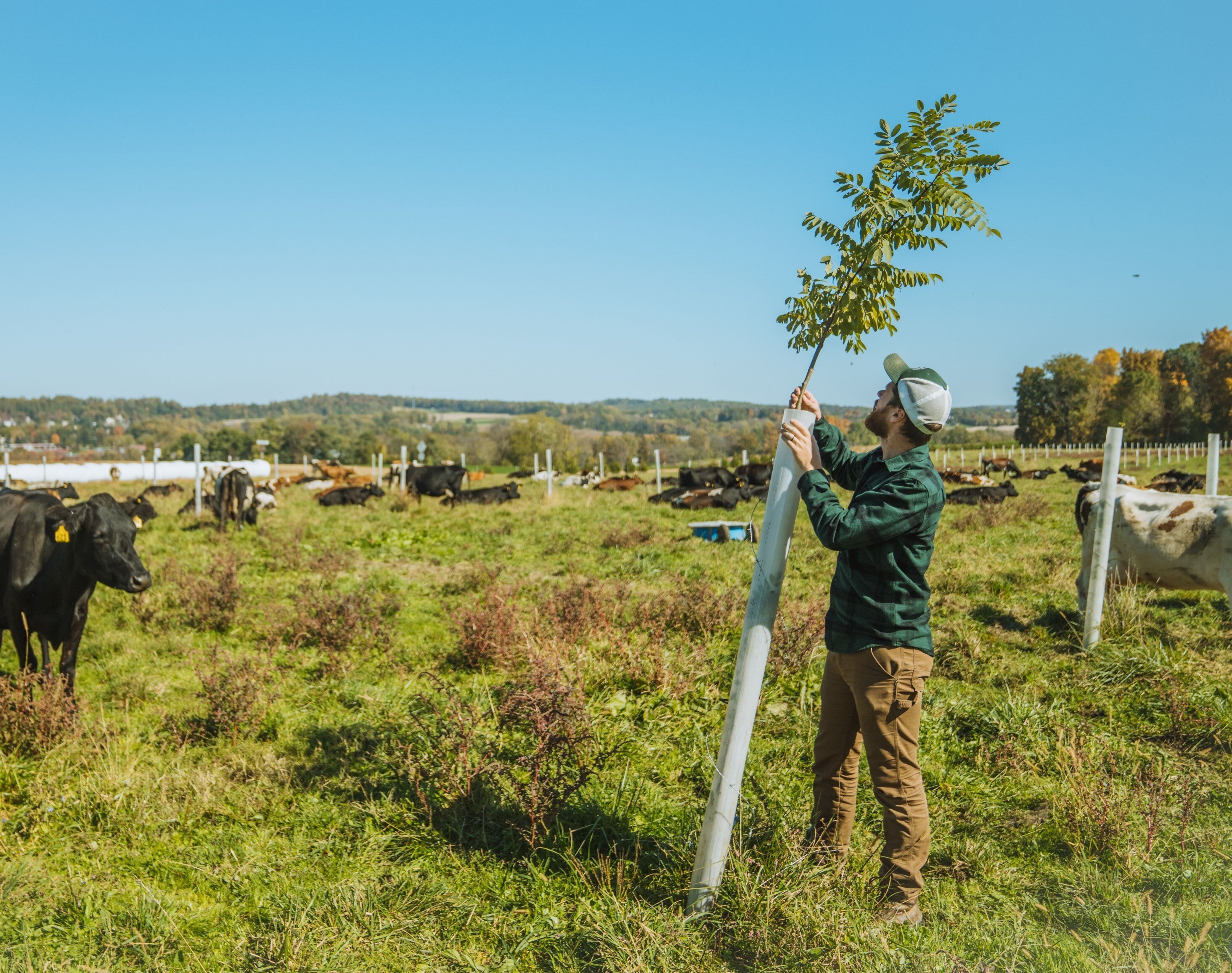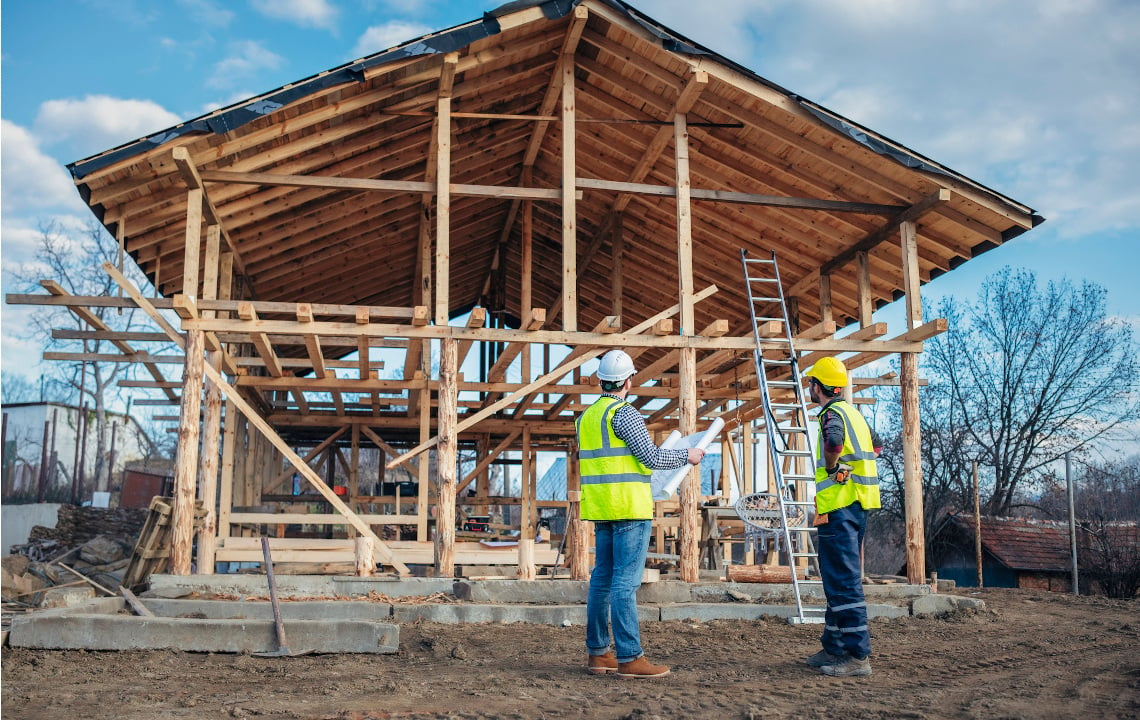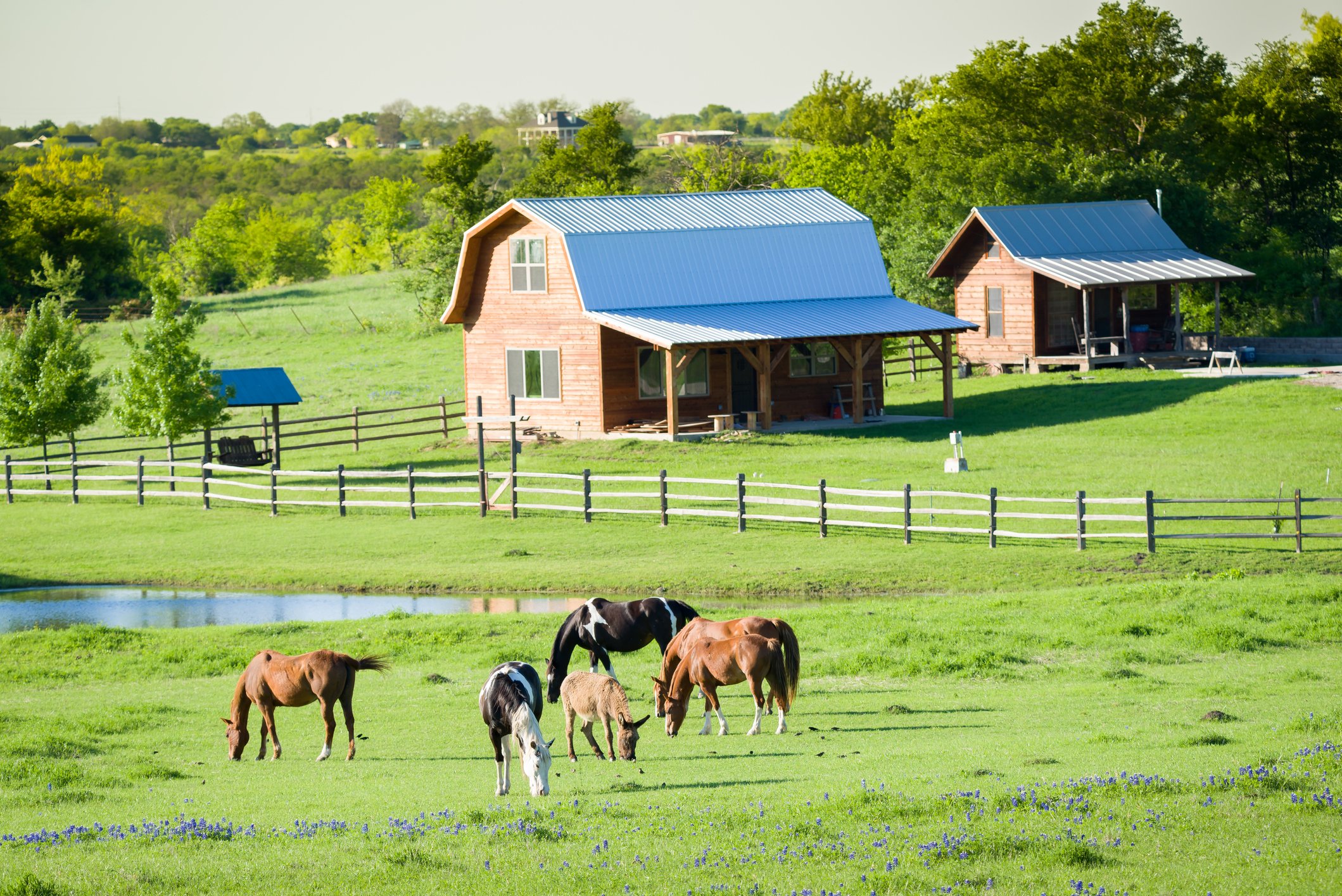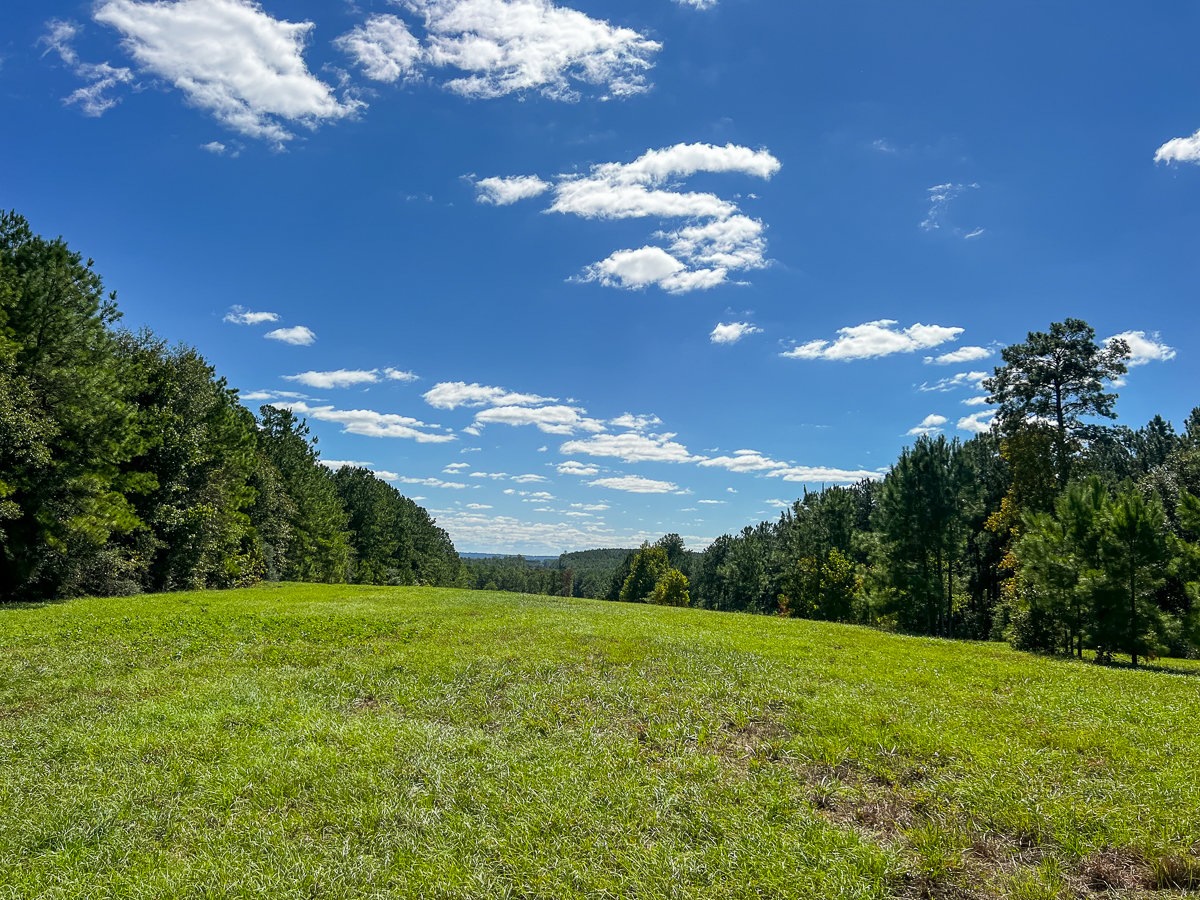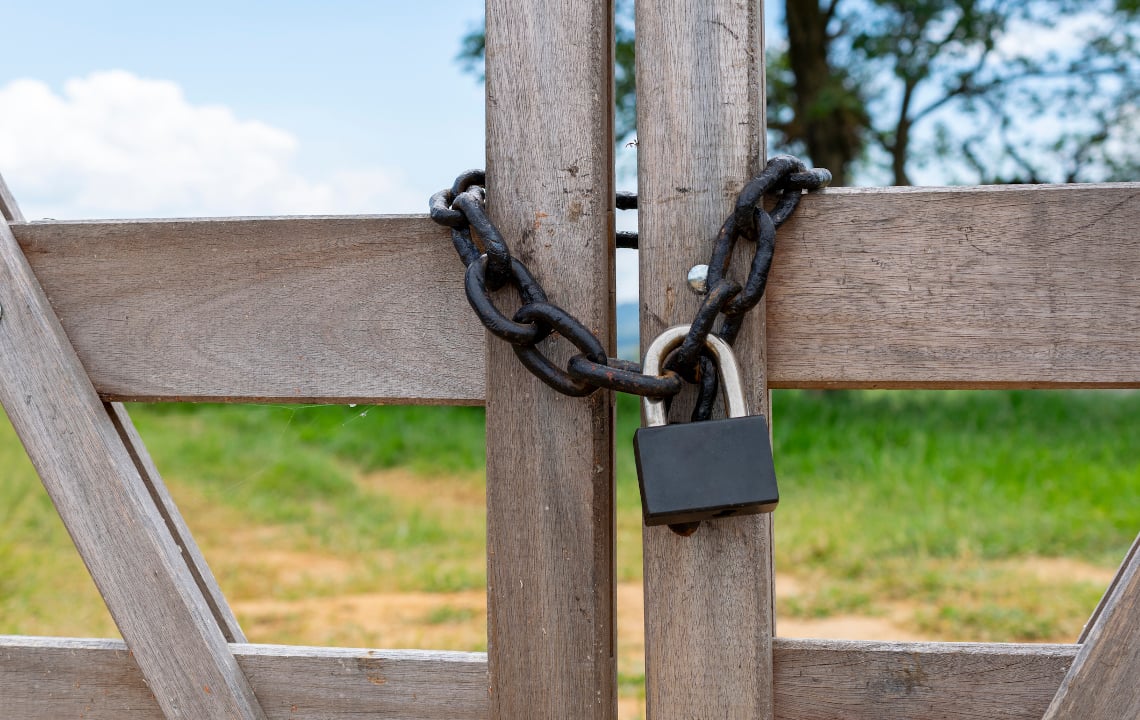There are a number of tax exemptions and benefits available to rural landowners. It comes down to understanding the codes in your specific area.
Along with all the fresh air and wide-open spaces, owning rural property can come with financial perks in the form of tax exemptions and benefits.
Because of the complexity of tax codes and how much they vary by region it can be confusing for landowners to work out which exemptions and benefits are available to them.
For the best understanding of tax exemptions on your specific piece of rural property, talk to your land agent and seek out a knowledgeable tax professional in your area.
To help you get started, we’ve gathered a few general tips and links on tax exemptions and benefits in three key southern markets.

Florida
(Excerpted from How to Buy Land in Florida)

Florida landowners may qualify for either an agricultural, homestead, timber or wildlife exemption, which could reduce annual property taxes by thousands of dollars.
Each county is a little different, so your best bet is to research the specific county appraisal district that your land is in.
This website has links to all of Florida’s County Property Appraisers, which will give you the contact information, forms and general information about property taxes and how to apply for property tax exemptions in that county.
How to qualify for a property tax exemption in Florida
Land used for agricultural purposes, such as pasture or grazing land, timberland and land used to protect and preserve wildlife may qualify, but there is fine print for each exemption stipulating exactly how the land should be used.
- You can learn more at the Florida Department of Revenue’s Property Tax Oversight page, which has property tax exemption forms for agricultural, conservation and other property tax exemptions.
- To learn more about Florida property tax rules and laws, see Chapter 12D-13 of the Florida Administrative Register’s Tax Collector’s Rules and Regulations. There are downloadable Word documents outlining each rule.
- For homestead exemptions, which may be available to Florida residents using the land as their primary home, click here.
Once you determine that you meet the stipulations for an exemption, submit your application(s) and forms to your local property appraiser. The appraiser will apply exemptions, assessment limitations and classifications that may reduce your property's taxable value.
You can find a list of Florida appraisers by county here.
Texas
(Excerpted from How to Buy Land in Texas)
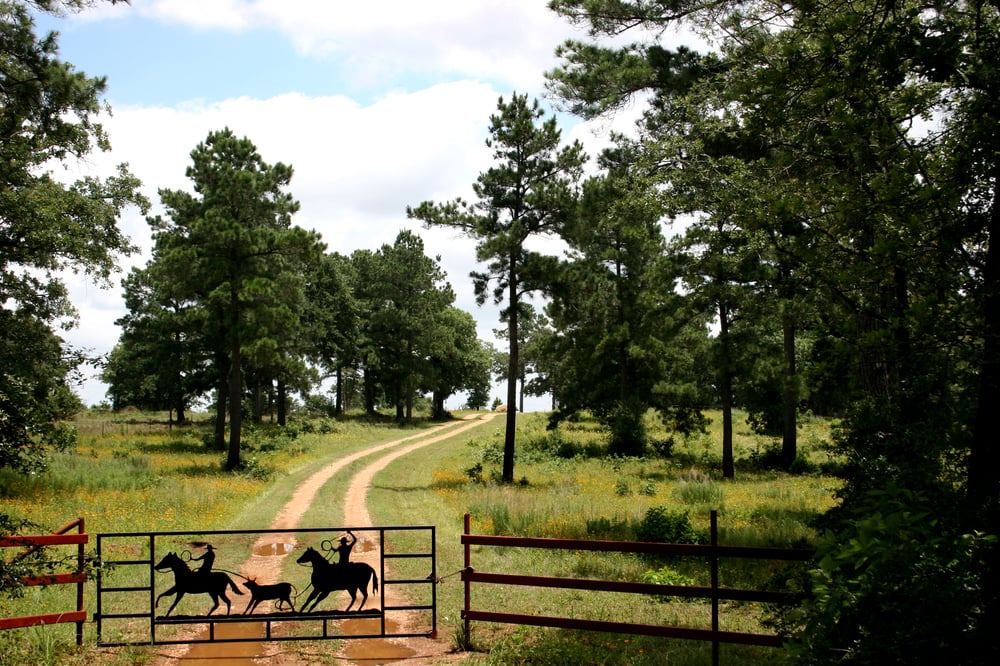
Texas landowners may qualify for either an agricultural and timber exemption or a wildlife exemption, which could reduce their annual property taxes by thousands of dollars. (Note: Though they are commonly referred to as exemptions, these savings are actually special use valuations that bring discounts rather than full exemptions, but we’ll use the word “exemption” for simplicity’s sake.)
As with most states, these are general guidelines. Your best resource is the county appraisal district in your area. This website has links to all of Texas’s County Appraisal Districts, which will give you the contact information, forms and general information about property taxes and how to apply for property tax exemptions in that county.
How to qualify for a property tax exemption:
Land used for agricultural purposes, such as pasture or grazing land, timberland and land used to protect and preserve wildlife may qualify, but there is fine print for each exemption stipulating exactly how the land should be used.
The Texas Property Tax Code at this link explains in sections 23:51 through 23:59 which properties are eligible for the appraisal process that leads to the exemption.
- The Texas Comptroller of Public Accounts has a handy website offering PDFs of key legislation and forms here.
- If reading legislation is too heavy for you, try this more reader-friendly overview of required qualifications written by the Caldwell County Appraisal District.
- For a wildlife exemption, the Texas Parks and Wildlife Department has a comprehensive FAQs page at this link.
Once you determine that you meet the stipulations for the exemption, you have to apply through your county appraisal district for a special Open Space Appraisal known as a 1-d-1. (The name 1-d-1 refers to Texas Constitution Article 8, Section 1-d-1, which explains the Open Space Appraisal).
Georgia
(Excerpted from How to Buy Land in Georgia)
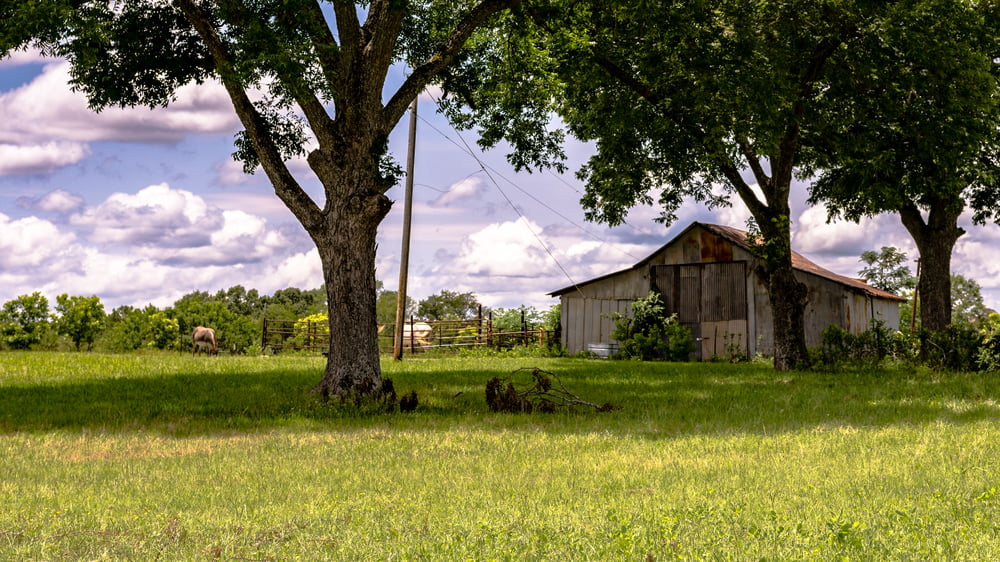
Per our experts, the following programs are popular among rural land buyers in South and Middle Georgia:
- CUVA (Conservation Use Valuation Assessment)―a minimum 10-year program for ag, timberland or any environmentally-sensitive property.
CUVA was designed for smaller, private tracts of land of at least 10-25 acres (the amount varies by county) and no more than 2000 acres and can offer a 40% reduced assessment on your property value.
The incentive is that the landowner not convert their property to residential use. If you use it and then turn your land residential, there are stiff penalties.
Click here for more information on CUVA and the application process.
- FLPA (Forest Land Protection Act)―a larger version of CUVA, this 15-year program is designed for tracts of land 200 acres and larger, and there are no limitations on acreage for corporations and LLCs.
They are also transferable to the next landowner, but there are tough penalties if the agreement to not develop into residential land is breached.
Click here to learn more about FLPA and the application process.
- Federal Conservation Land Use―this program is becoming very popular for larger investment tracts. It is an expensive process up-front, but there are some great tax ramifications for large tracts with mineral rights or those close to commercial development.
The big incentive of this program (beyond the tax savings) is lifetime restriction of your property from commercial development ― so it can only be used for agricultural or recreational purposes.
Click here to learn more about the Federal Conservation Land Use Program in Georgia.
- The County Conservation Easement―is a 10-year covenant for using the property for agricultural purposes. It can offer an approximate 30% reduction in property taxes.
Click here to learn more about County Conservation Easements in Georgia.
- Homestead exemption―available for those using the property as their personal, legal residence, this exemption is easy to qualify for and can reduce your taxable property value by thousands of dollars.
To qualify, you must be living in the home and it must be your legal residence; and there are additional homestead exemptions available for seniors, veterans and other special groups.
Want more information about the financial and other benefits of buying rural land in the South? Check out our Buying 101 series here.


